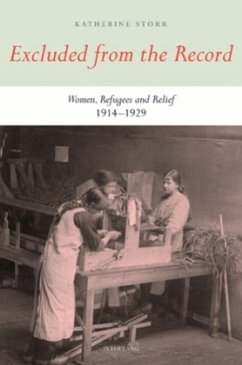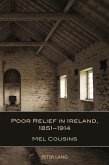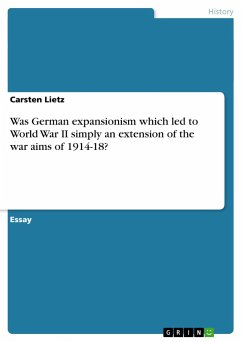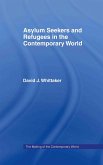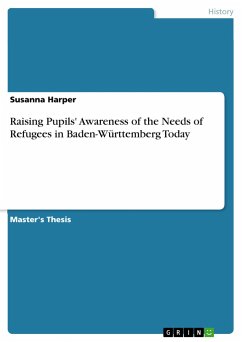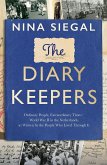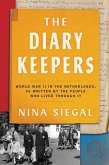This study reveals women's hitherto ignored lives as refugees and relief workers during the First World War and shortly after. The focus is on coping with and changing the devastating effects of war on civilians, rather than the fighting of it. Wherever fighting took place, people fled from their homes or were trapped behind enemy lines. Most refugees were women and children. While some came to Britain, others remained in or near their country of origin. They were helped, sometimes under bombardment, by Quakers and suffragists.
The connection between these women in humanitarian relief is explored, together with the significance of imperialism and national identity. Experience of charity work, suffrage campaigning, relief in previous wars, and personal friendship networks were all important. A geographical overview of these wartime activities provides insights into European civilian experience. The ideological and historical roots of relief work are traced and connections are made with the establishment of new NGOs and the League of Nations. The book offers fresh empirical research and new theoretical approaches to illuminate this significant, but unexplored subject.
The connection between these women in humanitarian relief is explored, together with the significance of imperialism and national identity. Experience of charity work, suffrage campaigning, relief in previous wars, and personal friendship networks were all important. A geographical overview of these wartime activities provides insights into European civilian experience. The ideological and historical roots of relief work are traced and connections are made with the establishment of new NGOs and the League of Nations. The book offers fresh empirical research and new theoretical approaches to illuminate this significant, but unexplored subject.
«Storrs Studie ist ein wichtiges Buch, das es verdient, von jenen beachtet zu werden, die sich mit der Geschichte des Ersten Weltkriegs, der Flüchtlingshilfe, der britischen Quäker- und Suffragettenbewegung oder der Geschichte des besetzten Belgien und der neutralen Niederlande beschäftigen. (Maartje Abbenhuis-Ash, Historische Zeitschrift)

